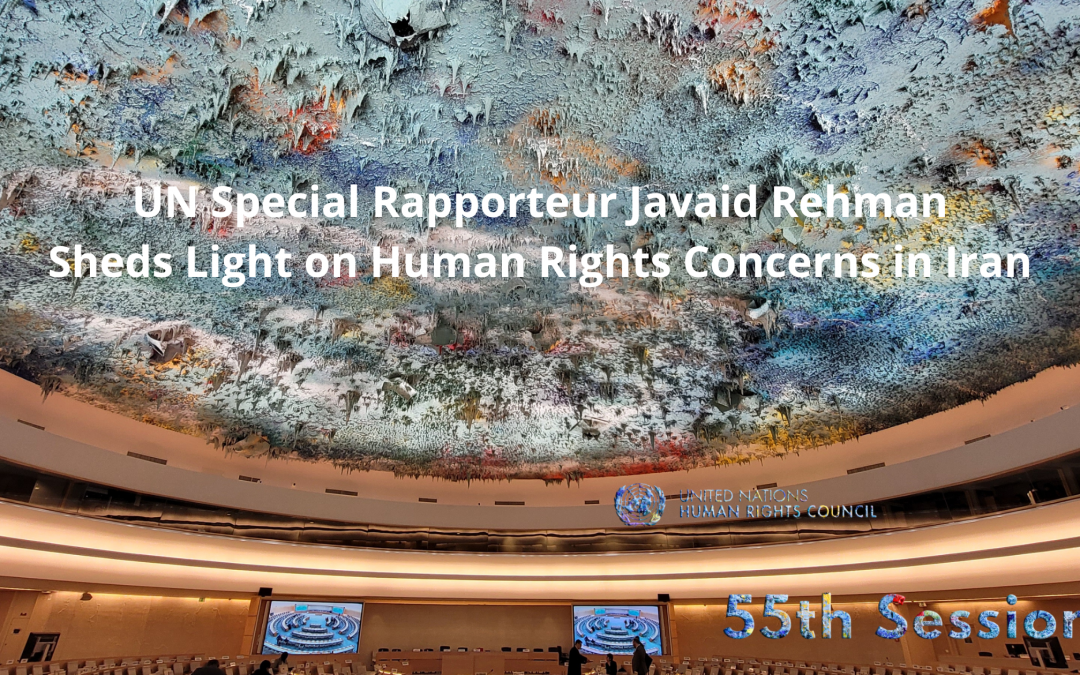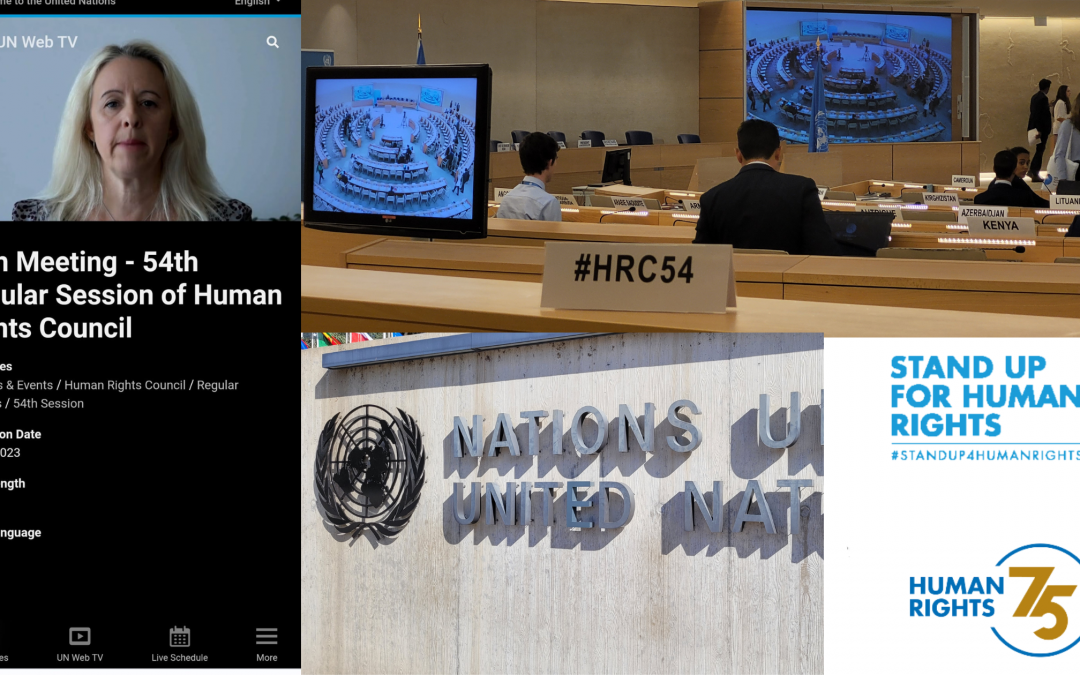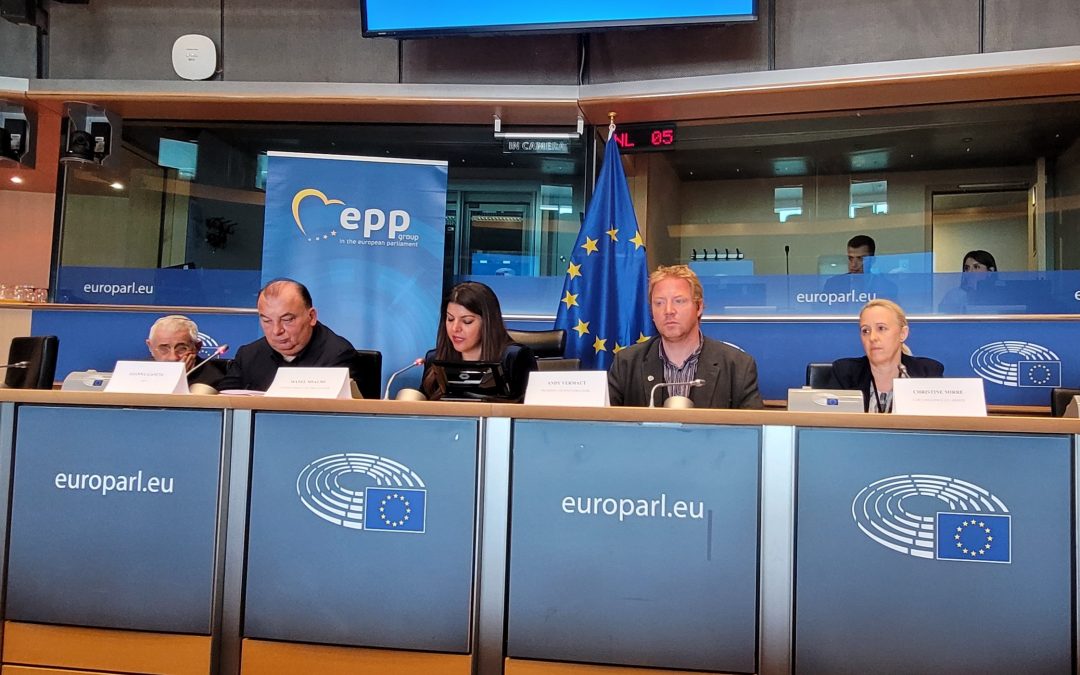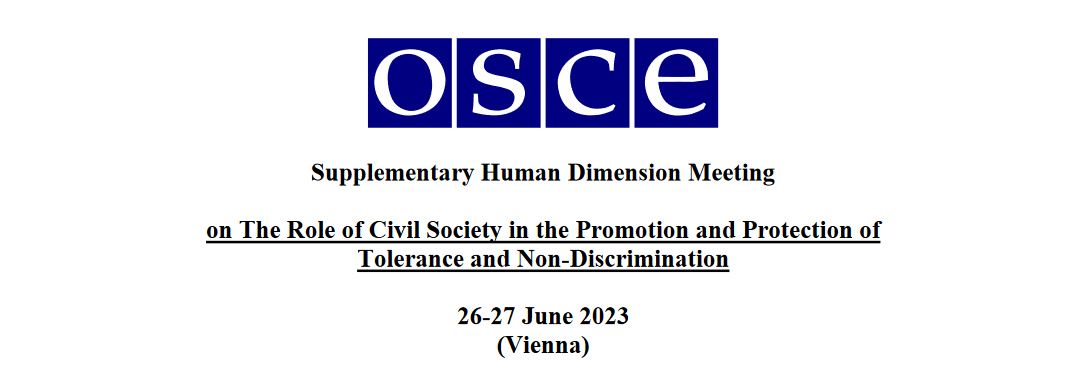
by CAP Liberté de Conscience | Mar 18, 2024 | HRC 55, news
In a recent statement, Javaid Rehman, the United Nations Special Rapporteur on the situation of human rights in the Islamic Republic of Iran, has brought attention to the ongoing human rights issues in the country. Rehman’s work focuses on investigating and reporting on the state of human rights in Iran, and his latest findings paint a concerning picture.

by CAP Liberté de Conscience | Sep 27, 2023 | HRC 54, news
We are deeply concerned about the recent transfer of 6 billion dollars in Iranian assets from South Korea to the Swiss Central Bank.
Although Reuters has reported that Iran’s use of the funds is explicitly limited to humanitarian aid, we are concerned about their misuse and are shocked that a nation that continually violates the fundamental rights of its citizens could benefit from such a substantial economic measure.

by CAP Liberté de Conscience | Jul 6, 2023 | CAP LC Event Coming, EU Parliament, news
They have also encountered restrictions on their language and cultural rights. For instance, the Azeri language, which is widely spoken in Iran, has faced limitations in official settings, education, and media. Iranian law imposes certain restrictions on women, such as compulsory hijab and gender-based segregation in public spaces. It is important to emphasize that these issues are not unique to women of ethnic minority backgrounds in Iran. Women across the country, regardless of their ethnicity, face legal and social challenges that limit their rights and freedoms. I’d like to illustrate the situation of ethnic minority women in Iran with an emblematic case of persecution.

by CAP Liberté de Conscience | Jul 3, 2023 | news, OSCE
CAP/ Conscience et Liberté and Human Rights Without Frontiers are deeply concerned about the situation of over 100 members of the Ahmadi Religion of Peace and Light who have been blocked by the Turkish authorities at the Turkish-Bulgarian border since the end of May.
Ankara has decided to deport them back to their home countries where they would face imprisonment, torture and even execution in the case of Iran.






